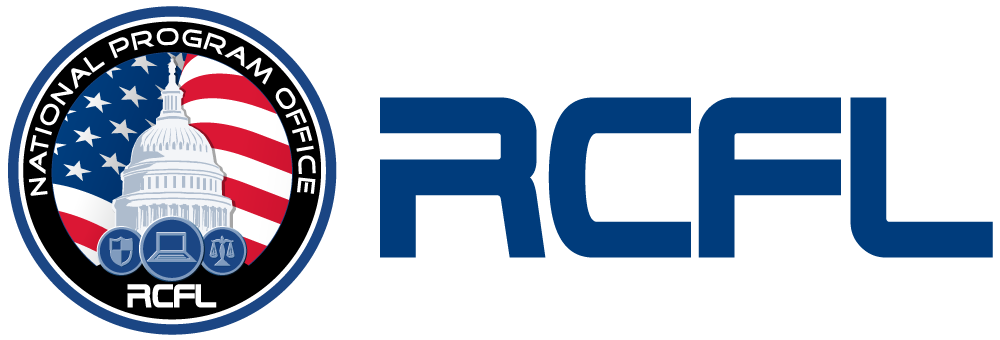Training Courses
The following descriptions describe the various courses offered by the IWRCFL.
Image Scan Training
The FBI's Computer Analysis Response Team (CART) developed the Image Scan system to help investigators locate the presence of picture files that may contain contraband on a computer. This system allows the investigator to view a variety of graphic formats during a consensual search, and protects valuable digital evidence by booting up a computer using the Linux operating system. After mounting the hard drive in a “read only” manner, Image Scan prompts the investigator to search for picture files only. During this process, the tool logs every step taken by the investigator, further documenting what occurred during the search process.
Law enforcement personnel that conduct on-site investigations for child pornography are encouraged to take the Image Scan training.
Mobile Devices: From Seizure to Exploitation
This course teaches law enforcement officers the process for seizing and preserving mobile devices, how to extract them using the IWRCFL's Cell Phone Investigative Kiosk (CPIK). Attendees will learn to use the CPIK and gain an understanding of what data can be extracted from mobile devices., and will also learn how to generate and edit Cellebrite reports to use for furthering investigations. Locked mobile devices will also be discussed and possible options when encountering them.
Seizing and Handling of Digital Evidence (SHDE)
Investigators learn how to collect and preserve digital evidence, and to integrate digital evidence into a case. Additionally, investigators are exposed to the advanced tools and techniques used by the IWRCFL, so they can better understand what to expect from a forensics examination. This course requires no prerequisites, but attendees should have a working knowledge of computers.
Seizing and Handling of Digital Evidence for Law Enforcement Executives (Lieutenant and above)
The goal of this training is to provide law enforcement executives with the information necessary to identify, access, and address their agency's digital evidence needs. They will also gain the technical knowledge that will allow today's police executive to adapt and understand these dramatic changes. Digital technologies are rapidly being applied to all areas of law enforcement. This course will provide a survey of digital evidence and computer forensics, evidence handling challenges, legal issues with digital evidence, imaging technologies, processing technologies, digital video technologies, encryption, and review technologies. This course is taught in a forensic laboratory, devoted solely to the examination of digital evidence in support of criminal investigations. The IWRCFL specializes in cases involving terrorism, crimes of violence, theft or destruction of intellectual property, internet crimes and child pornography, and fraud.
